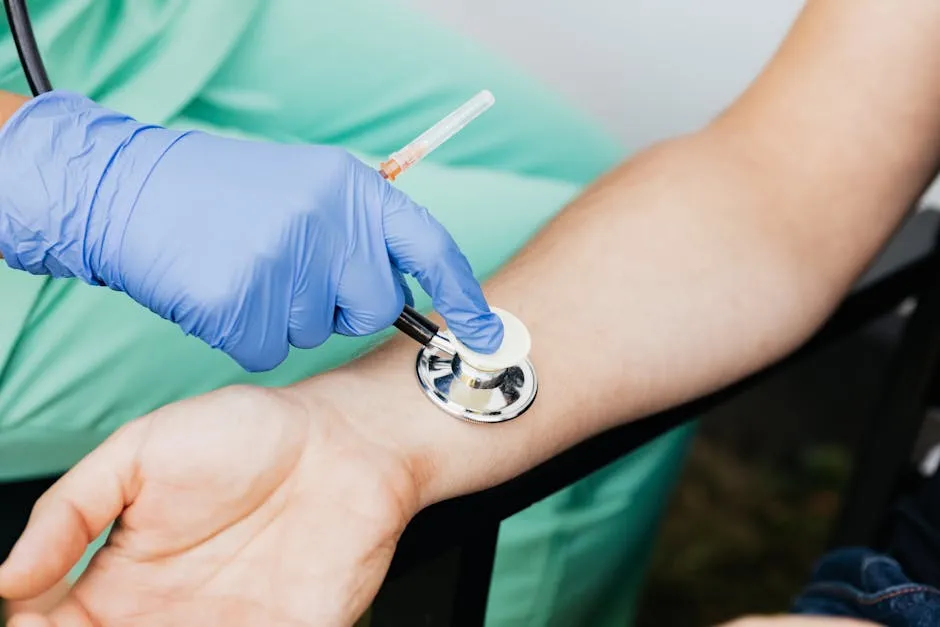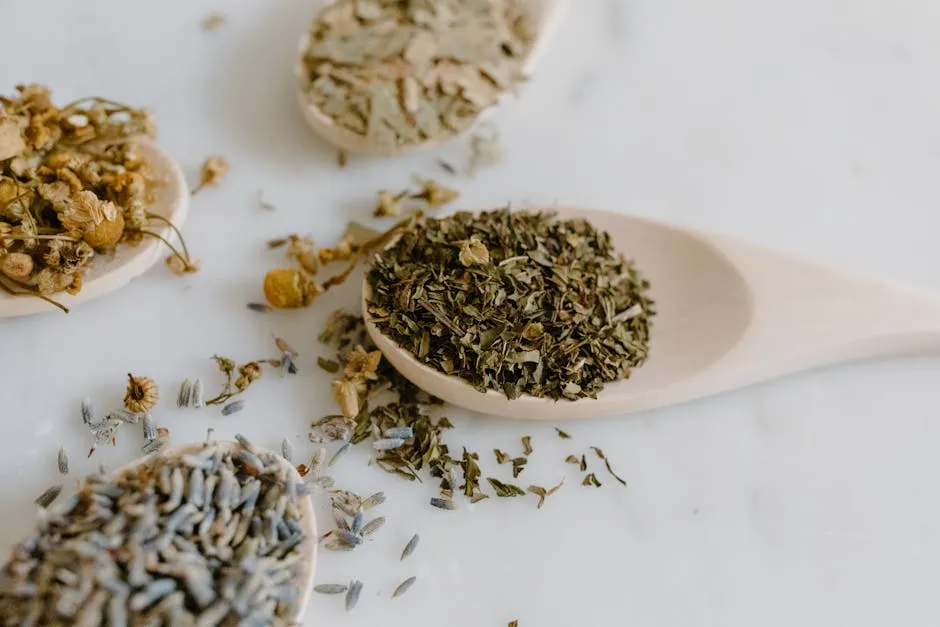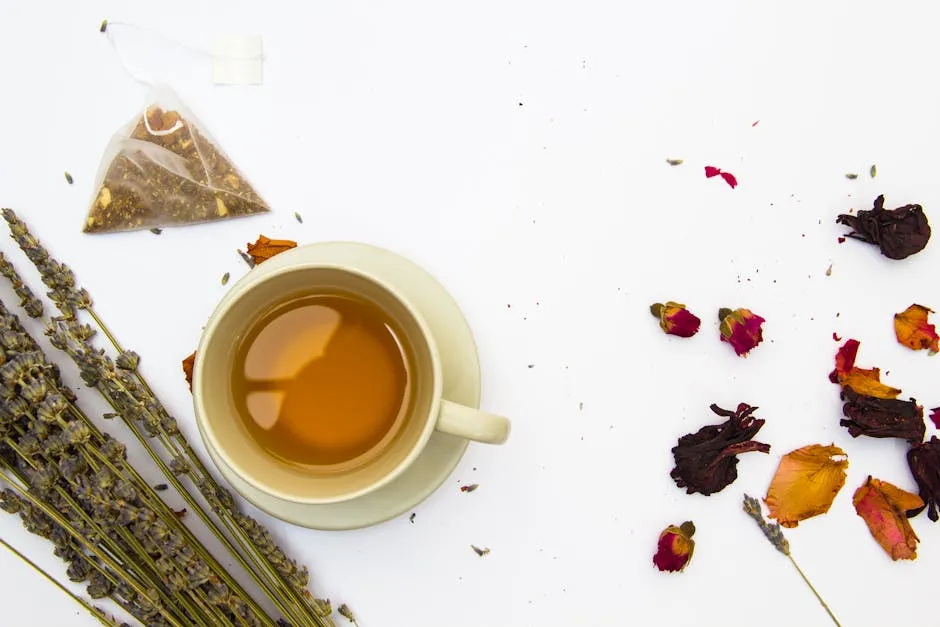
Why No Caffeine After PRP? Understanding the Impact and Best Practices
Introduction
Platelet-Rich Plasma (PRP) therapy is an innovative treatment. It harnesses your body’s natural healing abilities. Commonly, PRP is used for hair restoration, skin rejuvenation, and injury recovery. After undergoing a PRP treatment, many healthcare providers recommend avoiding caffeine. This article aims to explain why caffeine should be avoided post-PRP and its implications on your healing.
Caffeine avoidance is crucial after PRP treatment to ensure optimal healing and recovery. why no caffeine after prp
Caffeine’s Effects on the Body
What is Caffeine?
Caffeine is a natural stimulant found in everyday beverages like coffee, tea, and soda. It provides a quick energy boost by blocking adenosine, a neurotransmitter that promotes relaxation. This action increases alertness and can enhance mood temporarily. However, too much caffeine can lead to jitteriness or restlessness, which may interfere with your daily activities.
Side Effects of Caffeine
Caffeine comes with a range of side effects. Some common issues include insomnia, increased heart rate, and anxiety. It can also cause digestive problems, such as an upset stomach. Additionally, caffeine acts as a diuretic, leading to increased urination. This loss of fluids can result in dehydration, making it crucial to stay hydrated, especially after treatments like PRP.The Relationship Between Caffeine and Platelet Function
Impact of Caffeine on Healing
Caffeine can significantly impact healing. It affects blood circulation by increasing heart rate and temporarily raising blood pressure. This stimulation might seem beneficial, but it can disrupt normal platelet function. When platelets don’t aggregate properly, it raises the risk of increased bleeding. In the context of PRP therapy, this can delay healing and reduce the effectiveness of the treatment, making caffeine avoidance essential for optimal recovery.
Recommended Timeframe for Caffeine Avoidance
After PRP treatment, it’s crucial to avoid caffeine for 24 to 72 hours. This timeframe allows your body to heal effectively. Caffeine can interfere with platelet function, which is vital for recovery. To ensure the best results from your PRP therapy, always consult your healthcare provider. They can give personalized recommendations based on your specific condition and treatment plan.
Recommendations for Post-PRP Care
Best Practices After PRP Treatment
Taking care of yourself after PRP treatment is essential for optimal recovery. First, avoid caffeine, alcohol, and strenuous activities. These substances can hinder the healing process. Instead, focus on hydration and nutrition. Drink plenty of water and eat nutrient-rich foods. These practices will support your body in healing and maximize the benefits of PRP.
Alternatives to Caffeine
Looking for options while avoiding caffeine? Try herbal teas or decaffeinated coffee. Herbal teas like chamomile or peppermint are soothing and can aid recovery. Decaffeinated coffee can satisfy your cravings without the jitters. These alternatives boost hydration and provide antioxidants, promoting healing. Enjoy them as part of your recovery routine!
FAQs
Why is it recommended to avoid caffeine after PRP treatment?
Caffeine can interfere with platelet function. This disruption may slow down healing and increase the risk of bleeding. For the best results from PRP therapy, avoiding caffeine is vital.
How long should one avoid caffeine after PRP injections?
It’s generally advised to avoid caffeine for 24 to 72 hours after your PRP treatment. Following your healthcare provider’s recommendations is essential for tailored guidance.
Can I have caffeine before my PRP treatment?
It’s best to limit caffeine before the procedure. Consuming caffeine can increase bruising and affect blood flow. Reducing your intake beforehand helps ensure the treatment is as effective as possible.

Are there any exceptions to avoiding caffeine after PRP?
While it’s generally best to avoid caffeine after PRP, there are some exceptions. In specific scenarios, small amounts might be permissible. For example: – Personal Tolerance: Some individuals may not experience significant issues with caffeine. If you know your body well and can tolerate it, consult your healthcare provider. – Medical Conditions: If you have a medical condition that requires you to maintain certain habits, discuss this with your doctor. They can provide tailored advice based on your situation. – Mild Caffeine Intake: In some cases, a small amount of caffeine may not dramatically impact recovery. Again, this depends on individual response and should be confirmed with your healthcare provider.
All images from Pexels




